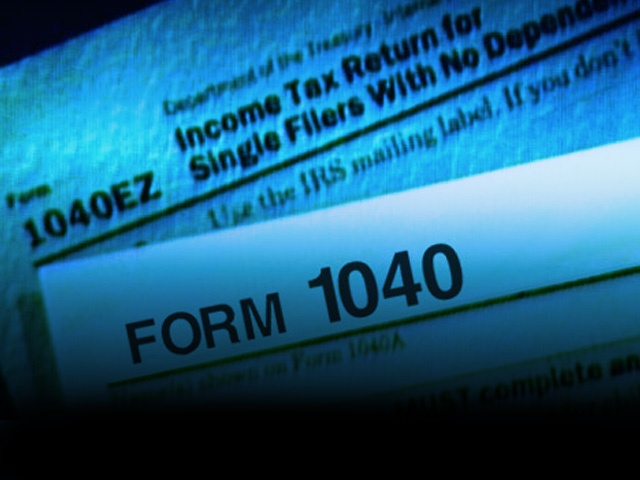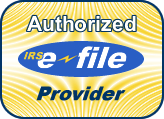Small Business Jobs Act – A Look at the Benefits
On September 27, 2010, President Obama signed the Small Business Jobs Act of 2010 into law – a $42 billion bill in tax cuts, increased loans, and other measures. The bill is designed to prop up small businesses so they can create more jobs.
Many of the Act’s provisions have already kicked in – which means it’s time to learn how they benefit you.
More Loan Money Available
The main focus of the Small Business Jobs Act is to help small businesses get loans. Here are the three major ways the Act makes loan money available to small business owners.
SBA Recovery Loans. The American Recovery and Reinvestment Act of 2009 (the Recovery Act) was last year’s attempt by Congress to aid struggling small businesses. The Jobs Act of 2010 extends some of the Recovery money. With the passage of the Jobs Act, the Small Business Administration began funding new Recovery loans within a few days of the president’s signature.
7(a) and 504 Loans. These are the two largest SBA loan programs, and under the Jobs Act, they got a huge boost.
The bill increased the maximum 7(a) and 504 loans from $2 million to $5 million, and the maximum 504 manufacturing-related loan from $4 million to $5.5 million.
Increased Capital to Community Banks. The Jobs Act established a $30 billion fund, run by the Treasury Department, that extends ultra-cheap capital to community banks with incentives to lend to small businesses. This means higher loans – with better guarantees – are now available at your local bank.
Tip: Now is an excellent time to explore your borrowing options – whether it’s through a national organization like the Small Business Administration or your hometown lending institution.
Don’t miss out on the chance to use some of this capital for your business. Give us a call to talk over your needs.
Tax Cuts, Credits, and Breaks
The Small Business Jobs Act includes $12 billion in tax incentives. Take a look at the top six:
- The elimination of capital gains tax on certain small business investments if they’re held for five years.
- Higher limits on the amount of investments small business owners can write off for 2010 and 2011.
- The extension of a Recovery Act provision that allows for a 50% bonus depreciation. This means small businesses can deduct capital expenditures on certain investments.
- The ability to deduct all of your health insurance payments for you and your family when figuring your self-employment tax.
- An increase in the amount entrepreneurs can deduct for start-up expenses for this year.
- The ability to offset tax liabilities for five years by carrying back general business credits.
Less Red Tape
Some of the Act’s benefits reside in reduced paperwork and clearer regulations, which allow you to take advantage of tax breaks much more easily.
Deduct Your Cell Phone Simply. Previous policies required lots of documentation to deduct charges from an employer-provided cell phone. With onerous and confusing paperwork, you had to prove you used the mobile device for business purposes more than 50% of the time.
The Small Business Jobs Act addresses this headache. The legislation removes cell phones from the Internal Revenue Code’s definition of “listed property.”
What does this mean for the small business owner? It’s now much less complicated to deduct the use of your mobile phone on your taxes.
Tip: Other telecommunications devices have also been removed from “listed property,” including Blackberries and PDAs.
Limited Penalties. The bill limits the penalty for failing to report a transaction that the IRS has formally identified as an abusive tax shelter. The penalty is set at 75% of the tax benefit and capped at $200,000 for corporations and $100,000 for individuals.
Questions?
Do you have questions about how to take advantage of the Jobs Act’s provisions? Make an appointment to meet with us. We’re eager to help you claim the capital you need for your business.
© 2010, Bruce Mc. All rights reserved.












